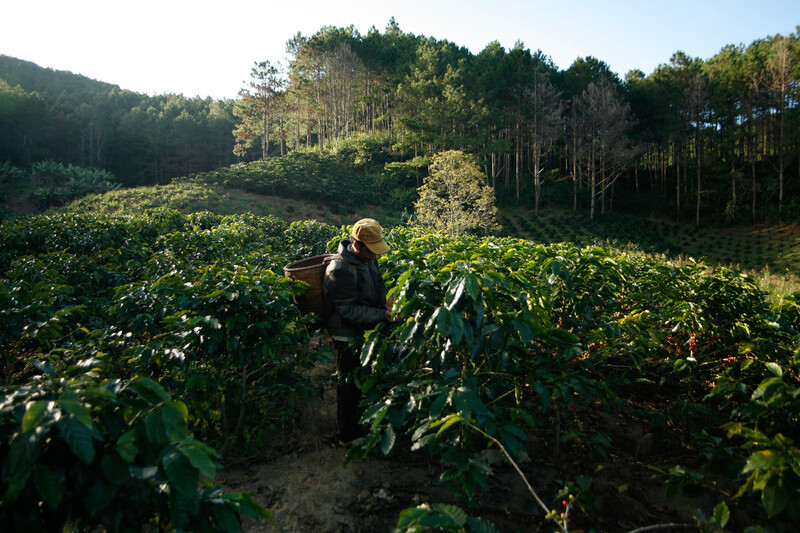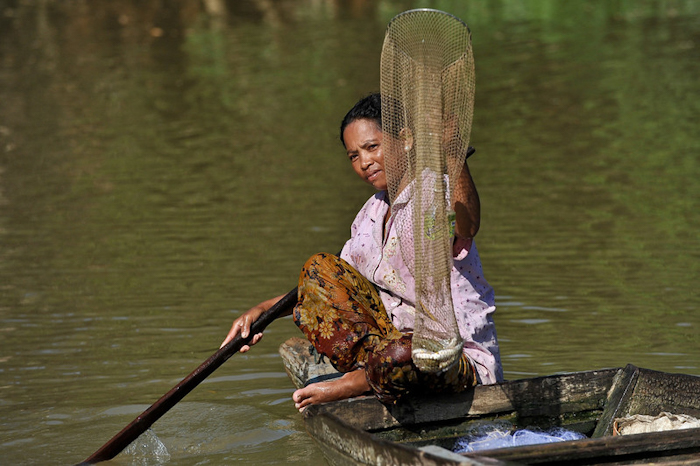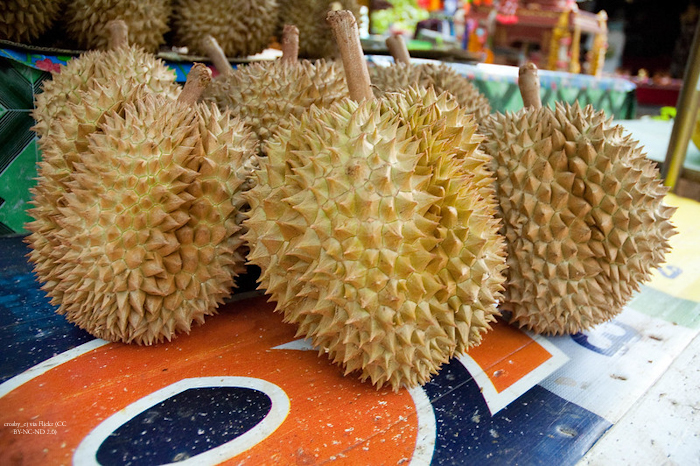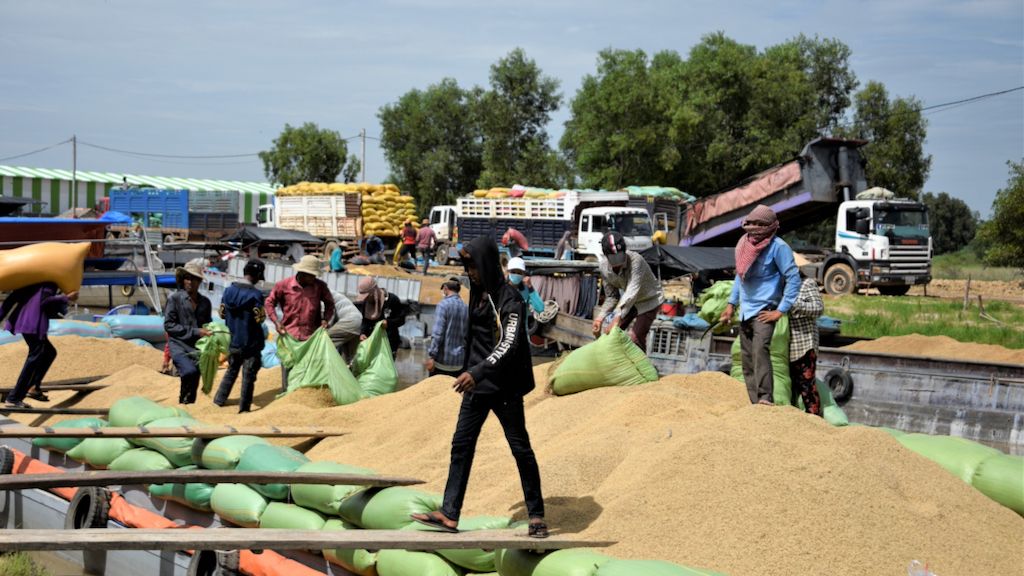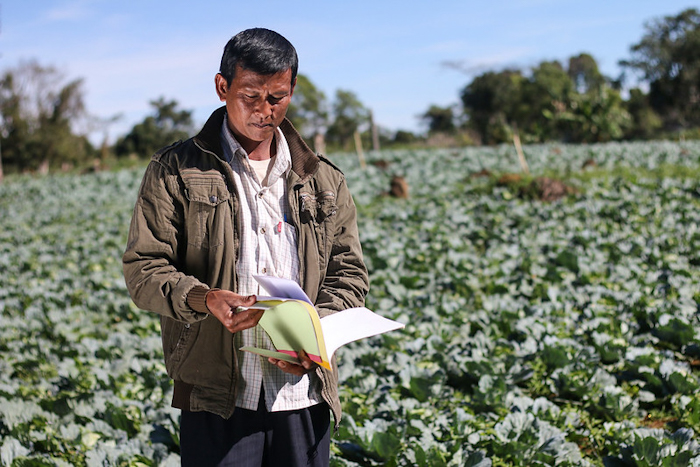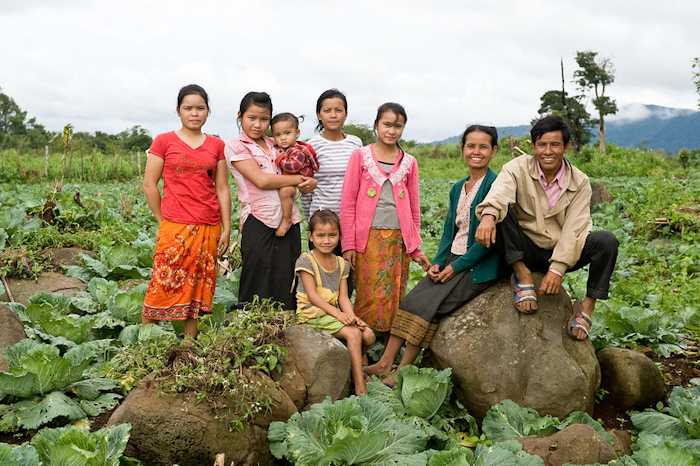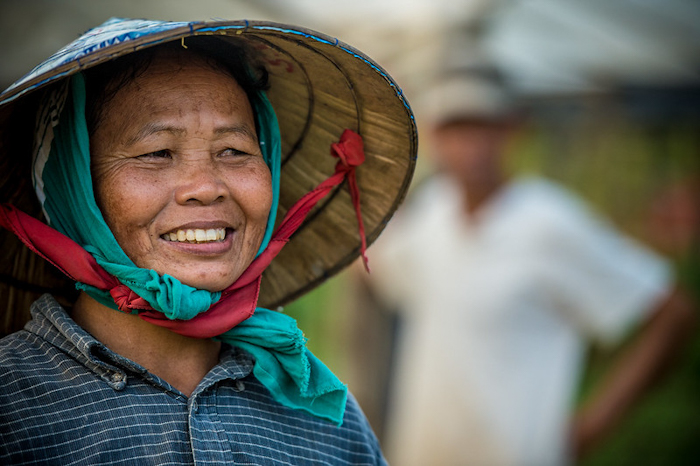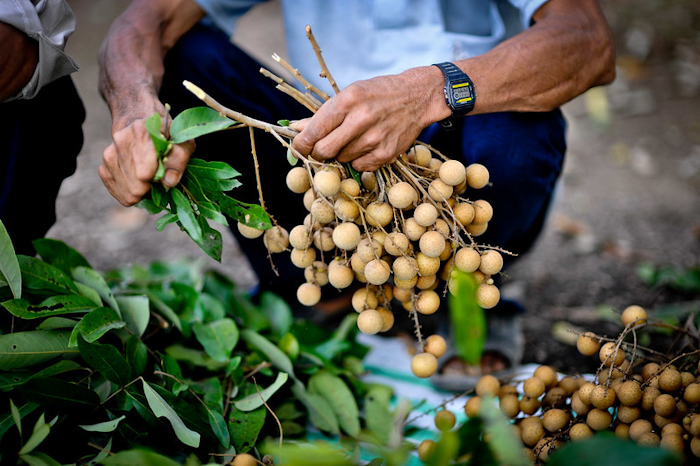Operationalizing the Water-Food-Energy Nexus in the Context of Climate-smart Agriculture
The first webinar on the Water-Food-Energy (WFE) nexus was conducted on 24 March 2022 to introduce the Nexus concept and discuss the relevance of Nexus trade-offs – these define trade-offs between water, food, and energy security – for stakeholders in GMS countries. The latter confirmed that the Nexus is of high relevance for decision makers and planners in all GMS countries as traditional processes have occurred in sector silos often triggering substantial unintended cross-sector trade-offs.

